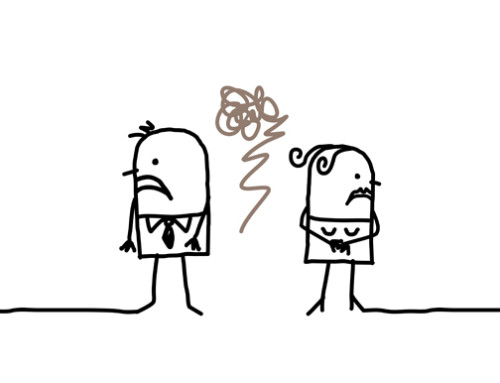In this article, I discuss how you can enjoy the psychological benefits of being a fan of a sports team while taking steps to prevent the psychological downsides.
Some of my most memorable times have been those in which I have been a fan of sports teams. Team Canada’s narrow win over the Soviet Union in the 1972 hockey Summit Series brought excitement and passion to me and millions of other Canadians who watched the landmark event. In my younger days, I also regularly enjoyed going to the games of my hometown Winnipeg Blue Bombers football team which I attended with my father and siblings.
On the other hand, my support of sports teams has at times had negative effects on my mood. For example, I have recently seen my hometown Winnipeg Jets miss making the NHL playoffs and my adopted hometown Calgary Flames get swept out of the playoffs in the first round. For the last two seasons, the Toronto Blue Jays’ baseball success had me and many Canadians on a high as we followed their exploits. In contrast, so far this season I cannot bear to watch the Blue Jays as they currently sport the worst record in the major leagues.
These examples illustrate that being a fan can have highs and lows. This gave me the impetus to write this article on how to enjoy the psychological benefits of supporting a sports team as well as tips to make the difficult times easier to take.
The psychological benefits of being a fan
Supporting a sports team can be good for your mood by giving you a regular activity to do which you enjoy. Watching a team’s games lets you take your mind off your problems and gives you a chance to relax and recharge your emotional batteries.
The positive effects on your mood can be enhanced if your team performs well. This fits with research supporting ‘social identity theory’. According to this perspective, how we feel about ourselves is based to a degree on our accomplishments—those we achieve ourselves as well as those achieved by the groups to which we belong. In other words, if you belong to a group or organization which is successful or respected you will tend to feel better about yourself. Among the entities which can generate this ‘basking in reflected glory’ phenomenon are our families, our employers and professions, associations/clubs/teams of which we are a member as well as sports teams which we support as fans.
Following the exploits of your favourite team and its opponents can provide a regular boost to your self-esteem by being one of your ‘mastery’ activities. These are activities which you find stimulating and challenging as a result of using your skills, talents and knowledge. As you follow a team which you support, many times you become so immersed in knowledge of the team and the game that you feel that sense of mastery in a particular domain.
Being a fan of a sports team is also an excellent way to build connection and relationships with others. Parties and other settings in which fans watch games together facilitate this bonding. Whenever I am watching my team with my fellow fans, I recall the research demonstrating that one of the most reliable ways to build connection with others is working together toward a common goal. Supporting the same sports team constitutes working toward a common goal to foster closeness among the team’s supporters.

The psychological downsides of supporting a sports team and how to minimize them
One downside of supporting a sports team is that your mood and self-esteem can take a hit when the team you are supporting fails in various way such as losing a game, not making the playoffs, and being eliminated from the playoffs. The negative effects will be particularly prominent if you have invested a lot of time and emotion in support of the team. Fortunately, in most cases the down feelings you experience will be short-lived.
In some instances, failure by the team you are supporting can lead you to experience negative feelings which last longer to the point that your emotional well-being is significantly impacted. This result is most likely if you have all your eggs in the basket of supporting the team. That is the case when there is little else is going on in your life to bring enjoyment and a sense of feeling good about yourself through achievement.
The best way to prevent succumbing to these negative emotional effects is to have balance in your life. It is fine to spend some time supporting your team but ensure that you also have other activities from which you derive enjoyment and a sense of accomplishment. With this balance in place, the good feelings you experience when your team succeeds will add to your enjoyment of life rather than filling a void. In turn, the failures of your team will be easier for you to experience because you will have other activities in your life you can focus on to cushion the blow.
If you have an issue which needs to be addressed, it may be helpful for you to meet with a psychologist who specializes in cognitive behavioural therapy (CBT). I help my clients address their issues by using CBT skills in my work as a Calgary psychologist and a Cochrane psychologist.
May you enjoy being a fan while having balance in your life,
-Dr. Pat






Leave A Comment